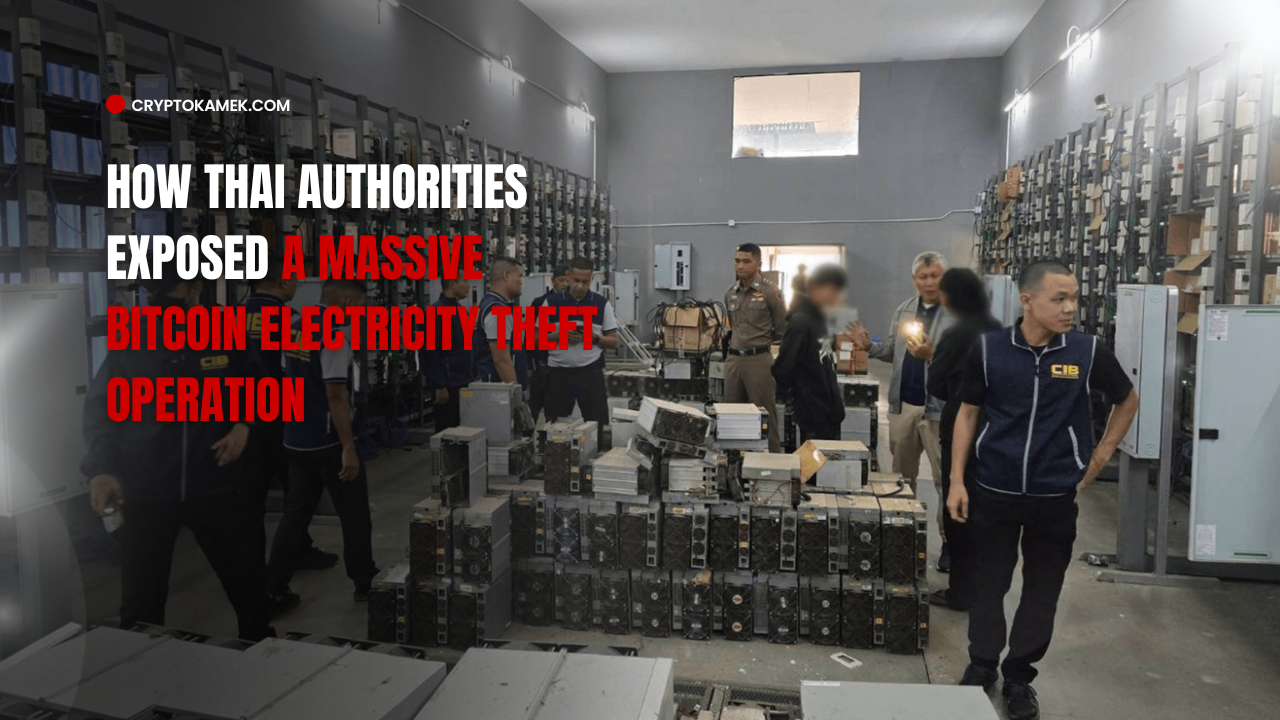

South Korea’s Crisis Triggers $34.2B Crypto Surge
Political turmoil often sends shockwaves through financial markets, but the recent events in South Korea have unveiled the unique sensitivity of the cryptocurrency market. The brief but dramatic declaration of martial law by President Yoon Suk Yeol sparked record-breaking activity, highlighting the interplay between politics and digital finance. Let’s break this down into an engaging narrative that’s both insightful and easy to understand.
A Crisis Unfolds: Martial Law and Its Fallout
What Happened in South Korea?
On December 3, 2024, South Korea witnessed an extraordinary political event. President Yoon Suk Yeol declared martial law in response to escalating political tensions and perceived threats from anti-state elements.
- Why it matters: Martial law is an extreme measure, typically invoked during war or significant internal conflict. Its declaration sent shockwaves across the nation.
- Backlash: Within hours, the move sparked protests across the country, with citizens and lawmakers demanding the president’s impeachment.
- A swift reversal: Bowing to overwhelming pressure, the president rescinded martial law in just six hours, marking one of the shortest-lived martial law declarations in history.
How the Crisis Rocked the Cryptocurrency Market
While South Korea’s political scene was in disarray, the cryptocurrency market saw an explosive reaction, with trading volumes surging to unprecedented levels.
Record-Breaking Trading Volume
South Korea’s crypto exchanges processed a jaw-dropping $34.2 billion in trades within 24 hours, eclipsing the previous high of $18 billion.
- The role of Upbit: Upbit, the largest crypto exchange in the country, dominated the action, handling over $27.25 billion in transactions.
- Bitcoin chaos: Bitcoin’s price on South Korean exchanges plummeted by over 30%, hitting approximately 88 million won (~$62,182). For context, Bitcoin’s global price remained relatively steady at $93,600.
XRP Steals the Spotlight
In a surprising twist, South Korean investors shifted focus to XRP during the turmoil.
- Why XRP? Its trading volume surged to four times that of Bitcoin as traders sought to profit from price differences between South Korean and global markets.
- A pattern emerges: This behavior reflects a recurring trend where South Korean traders exploit arbitrage opportunities during volatile periods.
Why the Cryptocurrency Market Reacted So Strongly
South Korea is a key player in the global cryptocurrency market, and its unique trading environment makes it highly sensitive to political changes.
1. Political Uncertainty Drives Panic
The declaration of martial law created a climate of fear and uncertainty, prompting investors to move their funds quickly. Cryptocurrencies, being highly liquid and accessible, became a preferred choice for both fleeing and speculative capital.
2. The “Kimchi Premium” Phenomenon
South Korea has long been known for the “kimchi premium,” where cryptocurrencies trade at higher prices than on global platforms.
- During crises: This premium often widens, creating opportunities for traders to exploit price gaps, as seen with XRP and Bitcoin during the martial law episode.
3. Volatility Attracts Speculation
Cryptocurrencies are inherently volatile, but political crises amplify this effect. Short-term traders thrive in such environments, seeking to capitalize on rapid price swings.
Recovery and Market Reactions
Post-Crisis Stabilization
Once martial law was rescinded, the cryptocurrency market began to calm down:
- Bitcoin rebound: Bitcoin prices on Upbit recovered to above $89,000 shortly after the announcement.
- Broader market trends: Other cryptocurrencies also saw a gradual return to stability, though volumes remained elevated.
Government Steps In
Recognizing the broader financial risks, the South Korean government acted swiftly to stabilize the situation:
- Stock market support: Nearly $7 billion was injected into the stock market to prevent further fallout.
- Future policies: The incident has reignited debates on regulating the cryptocurrency market to reduce its vulnerability to external shocks.
Lessons for the Global Cryptocurrency Market
South Korea’s recent turmoil offers valuable lessons for crypto traders and policymakers worldwide.
1. Political Stability Influences Market Confidence
The events underscore the close relationship between political stability and investor behavior. Geopolitical crises can significantly impact financial markets, especially cryptocurrencies.
2. Arbitrage Opportunities During Volatility
Periods of crisis often lead to discrepancies in cryptocurrency prices across regions. South Korea’s “kimchi premium” highlights how traders can benefit from these arbitrage opportunities during uncertain times.
3. Fragility of Crypto Markets
The crisis revealed vulnerabilities in the crypto ecosystem:
- Liquidity concerns: Rapid sell-offs can dry up liquidity, leading to sharp price movements.
- Regulatory implications: Governments may increase scrutiny of crypto markets to prevent systemic risks.
What This Means for Investors
For investors, the South Korean crisis serves as a stark reminder of the need to stay informed and adaptable.
Key Takeaways:
- Stay alert to global events: Political developments can ripple through markets in unexpected ways.
- Understand local market dynamics: South Korea’s crypto market behaves differently from others due to its unique characteristics, such as the kimchi premium.
- Diversify investments: Avoid overexposure to highly volatile assets like cryptocurrencies during uncertain times.
Final Thoughts
The $34.2 billion surge in cryptocurrency trading during South Korea’s brief martial law declaration is a case study in how geopolitics and finance intersect.
While the immediate turmoil has subsided, it leaves behind important questions about the resilience of digital asset markets and their role in a rapidly changing world. As the crypto space continues to evolve, staying informed and understanding the broader implications of such events will be critical for both individual investors and institutional players.
Source:
- South Korea’s economy rattled by martial law decree
- Political Turmoil Adds to South Korea’s Economic Woes
- South Korea’s inflation climbs in November, but misses expectations






